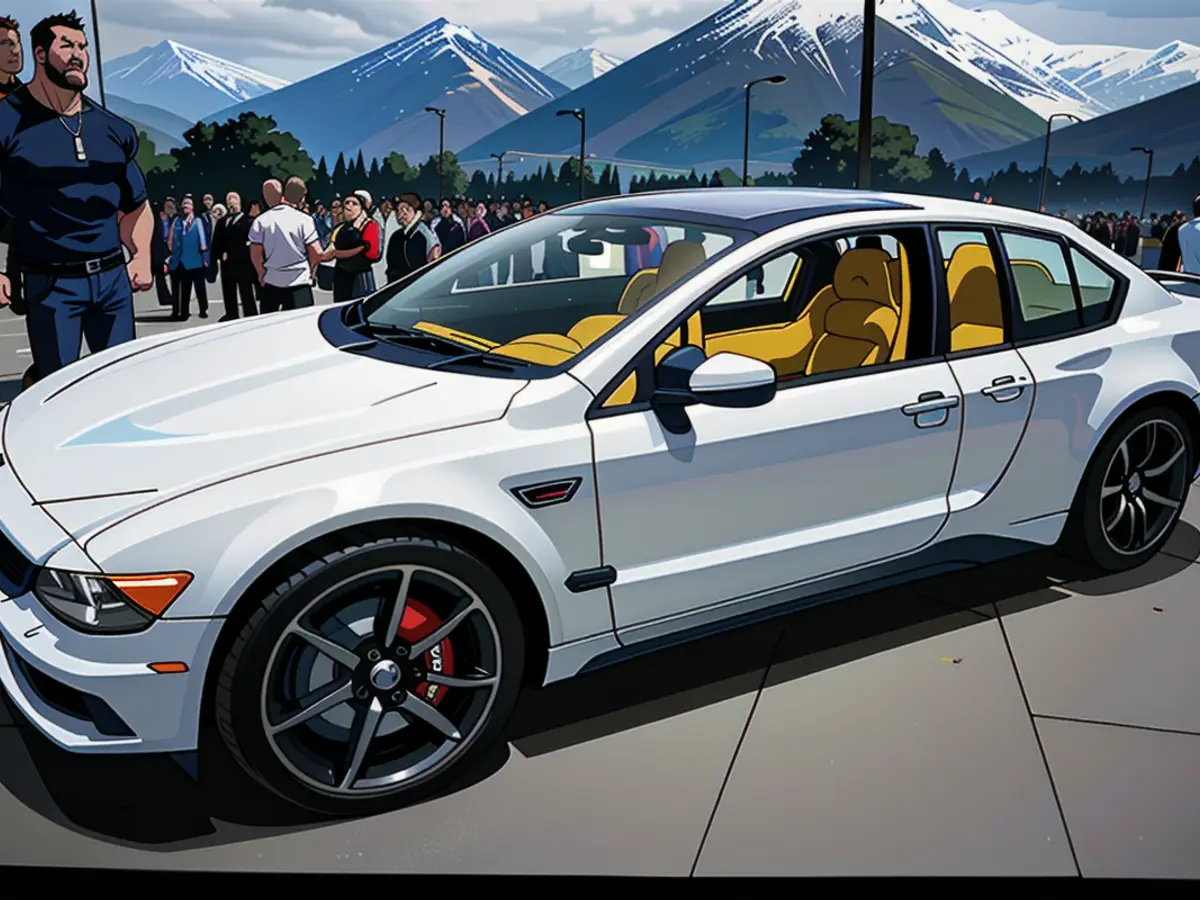Title: Europe's Electric Vehicle Sales Bounce Back, Yet Trails Behind 2030 Goals
EU's electric vehicle (EV) sales are set to rebound in 2025, shaking off their sluggish pace, according to Schmidt Automotive Research. This expected resurgence will lift the industry's short-term optimism, yet the notion of an 80% market share by 2030 as demanded by the European Union (EU) appears wishful thinking due to high prices and the industry's struggles to mass-produce affordable EVs.
Preliminary data from Schmidt Automotive Research reveals a mild dip in EV sales in Western Europe last year to 1.9 million, accounting for 16.6% of the market. However, the year 2022 is predicted to surge ahead to 2.7 million (22.2%), as per EV Volumes, attributing this to an increase in new models, lower costs, and more stringent (EU) CO2 emission regulations.
Matt Schmidt, from Schmidt Automotive Research, envisions Western Europe's EV sales hitting 7.8 million by 2030 with a 57% market share (Western Europe incorporates major countries like Germany, Britain, France, Italy, and Spain). Despite this forecast being a little less than EV Volumes' prediction for all of Europe by 2030, both estimates surpass other European-wide predictions.

On the other hand, Inovev, a French automotive consultancy, is more conservative, anticipating an EV market share of 40% at most by 2030 in Europe. Investment researcher Jefferies, meanwhile, reduced its 2030 forecast by more than two million sales due to increased costs and concerns about achieving the EU's 100% zero-emission sales targets by 2035.
Professor Stefan Bratzel, director of Germany's Center of Automotive Management, concurs that a 50% market share is feasible by 2030 due to the lack of mass-market EVs, but achieving an 80% market share as mandated by the EU may be unrealistic.

Schmidt believes that 2024 marks the end of the sales plateau, and this year's numbers will significantly benefit from the introduction of new, smaller, and semi-affordable models like the Renault R5, the updated Dacia Spring, the Citroen eC3, and BMW's first Neue Klasse-based models.
Europe's EV sales slowdown, observed in some quarters, has raised questions regarding the kingdom of EVs by 2035 and the feasibility of EU emissions targets. However, while some experts have reduced their projections, such as Bernstein Research, expecting EVs to account for 51% of sales by 2030, others like Inovev advocate for affordable EVs and more lax emission restrictions to meet the EU's targets.
This complex landscape of predictions and challenges is set against the backdrop of the automotive industry's burgeoning transition towards electric mobility, underpinned by greater collaboration between manufacturers and tech companies to develop and deliver affordable, sustainable, and efficient EVs.
- Bernstein Research, like Inovev, acknowledges the challenges in achieving the EU's 80% zero-emission sales target by 2030 due to high prices and mass-production difficulties, but they still predict electric vehicles (EVs) to account for 51% of sales by 2030.
- Stefan Bratzel, from Germany's Center of Automotive Management, agrees with Schmidt Automotive Research that a 50% market share for EVs is feasible by 2030, but an 80% market share as demanded by the EU may be unrealistic due to the lack of mass-market EVs.
- Jefferies, an investment researcher, has reduced its 2030 EV sales forecast by more than two million due to increased costs and concerns about achieving the EU's 100% zero-emission sales targets by 2035.
- Inovev, a French automotive consultancy, is more conservative in their predictions, anticipating an EV market share of at most 40% by 2030 in Europe, advocating for affordable EVs and more relaxed emission restrictions to meet the EU's targets.
- According to Matt Schmidt from Schmidt Automotive Research, the introduction of new, smaller, and semi-affordable EV models like the Renault R5, the updated Dacia Spring, the Citroen eC3, and BMW's first Neue Klasse-based models will significantly boost EV sales in 2024, contributing to the rebound in European EV sales.







